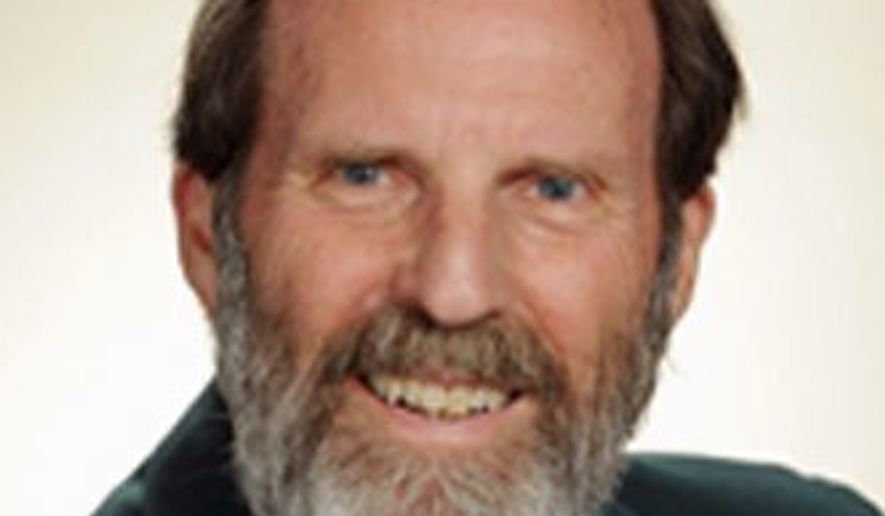Among those who decry the levels of money being spent on elections, the villain is almost always Citizens United, which unleashed corporations and permitted them to make unlimited independent expenditures in support of or in opposition to candidates for elected office.
I think Citizens United was wrongly decided, but more important to the situation today is that corporate treasuries are not the fountain from which most big election money is flowing.
Although the rules on disclosure do not reach money spent through social welfare organizations, there is no real evidence that the big money we are seeing already in the 2016 presidential race comes from corporations, and not super wealthy individuals.
There is more than anecdotal evidence that corporations are spending money on judicial elections, where the return can often be immediate, but even there the amounts are dwarfed by what individuals are giving to Super PACs for 2016, for which Citizens United is irrelevant.
The root of the problem can be seen from Citizens United, in which the majority held that Congress cannot discriminate against categories of speakers such as corporations, and since individuals can make unlimited independent expenditures (but only limited contributions directly to candidates and parties), corporations cannot be denied that right either. That right for individuals originated with the 1976 decision Buckley v. Valeo, in which the Court upheld contribution limits of $1000 for both the primary and general elections, but struck down a $1000 independent spending limit. Instead of simply saying $1000 was too little, and letting Congress try again, the Court said that no limits were permitted (it had just struck down candidate expenditure limits, in part because of a concern that incumbents would set them too low), and so it followed the same path of making the sky the limit. But back in 1976, the ceiling was much lower, with really big spenders such as Stuart Mott contributing several hundred thousand dollars. Even factoring in inflation, there was nothing like the tens of millions that a few super rich donors gave in 2012 and will likely repeat in 2016.
In Buckley the Court treated expenditures as pure speech and said it cannot be limited. That can’t be right. If a candidate for office blares election messages from a sound truck outside my home at midnight, a law that forbids such “speech” cannot be saved on the ground that a state cannot limit political speech. Or take another Supreme Court case where the Court held that laws banning campaigning for a candidate, including wearing buttons or t-shirts and carrying small signs, inside the polling place are valid despite the First Amendment. Most recently, the Supreme Court summarily affirmed a lower court ruling that non-citizens in the U.S. on three year visas could neither make contributions, nor spend money on political signs, because of their status as aliens. One wonders if there were a law forbidding aliens from standing on a soapbox in Farragut Square would his alienage mean that the First Amendment would not protect him. And finally there is the famous O’Brien draft card burning case, in which the Court upheld a conviction because O’Brien violated a law requiring all draft-age men to keep their card in their possession at all times.
In each of these cases, speech about elections or other political matters lost out to other interests. That was not because the speech was not protected at all or indeed not at the zenith of subject areas where the First Amendment applies. Rather, the challenger lost because there were other legitimate interests that outweighed the right to unlimited speech. The problem with Buckley and Citizens United is not that they reached the wrong conclusion after balancing the relevant interests, but that they failed to appreciate that a balance was even possible in such circumstances.
Suppose a state passed a law limiting independent expenditure to ten times the level of a permissible direct contribution on the ground that “enough is enough” and that democracy can take reasonable measures to protect against a wealthy few dominating elections and thereby controlling our government. In the end, the Court might find that interest insufficient to overcome the free speech rights of a free spending donor, but that would require a very different analysis than was done in Buckley.
Alan B. Morrison is the Lerner Family Associate Dean for Public Interest & Public Service Law, George Washington University Law School. The thesis of this essay is spelled out in greater detail in an earlier Issue Brief by the author: https://www.acslaw.org/acsblog/revisiting-campaign-finance-reform-from-buckley-to-mccutcheon.




Please read our comment policy before commenting.